What do you do with a skill once you’ve mastered it? You put it to good use. In esports, players turn their skills into careers by competing in tournaments, where success leads to sponsorships and fame. Eventually, fans want to learn how to replicate the act.
Though esports have only been around for about a decade, we know that players retire at quite a young age. Burnout is the main culprit, and younger talent is always ready to step up and take over. Once a player is done competing, they do have other options, like coaching. While professional teams hire former players as coaches, the overall demand for professional coaches is quite low. However, there is a growing market for esports stars to educate the masses.
Enter YouTube and Twitch, which have allowed content creators to reach their fans with ease. Now, there’s also Fliffr.
Several esports teams, like Denial and Elevate, have taken advantage of the new app, Fliffr, which provides on-demand advice and expertise in a variety of professions. On Fliffr, users create a profile and submit several subject areas they are fluent in. For example, Elevate pro player Jordan “Reedy” Reed lists Call of Duty as a skill he is willing to teach potential clients. Other players might list Overwatch or Smash, but Fliffr is not limited to just esports. Denial CEO Robby Ringnalda lists esports consulting as a skill he can teach clients. Other users teach writing, photography, and even body building directly through the app.
“[Fliffr] made my life a lot easier when it comes to having a quick chat about esports or marketing with someone,” Ringnalda told GAMURS. “So far every [Denial] player that has had a paid session on the app has loved it.”
Specialized training like this is new to esports. It’s comparable to traditional sports, where specialized training is available for all ages and levels of skill. Parents sign their children up for tots-leagues where they learn the ins-and-outs of the game. Eventually, some kids prove their athletic ability and might pursue more advanced training.
Esports have always been much different. Children learn to play video games on their own or with friends, but there is seldom anyone to tell them what they did wrong or how to improve. That is, until now.
The Fliffr team is based in Sweden but the app is available worldwide. Fliffr launched in September 2016 and was named a top-10 startup in Stockholm three months later.
Though Fliffr can be used for a wide variety of skill sets, the team behind it has put a large emphasis on esports.
“There’s nothing on the market to handle that kind of coaching aspect. [Fliffr allows you] to brainpick and connect with players in a one-on-one environment,” explained Peter Nordström, who works in sales at Fliffr.
While Fliffr is currently only available on mobile devices, a desktop application may be in the works. The app is updated on a weekly basis thanks to feedback from users.
Though several teams have gotten involved, individual players partner with Fliffr as well. Street Fighter V pro, Miky Chea (aka Samurai), has had a lot of success with the app since he began using it at the beginning of February. Chea, who plays for Winterfox, teaches elementary school kids for his day job, so teaching gamers on Street Fighter V is a smooth transition.

“I consider [coaching on Fliffr] a professional job,” Chea told GAMURS.
In his first two weeks using Fliffr, Chea had over 20 training sessions with clients. He was able to attract many of them through social media with a unique promo code that payed for a client’s first 25 minute session.
Here’s how a typical session with Chea works: First, he speaks to the client about what they want help with. Then, they join up in a match on Street Fighter V and play. During that time, Chea keeps tabs on how his client is playing and looks for issues they brought up, as well as any other issues that arise. After advising on how to fix mistakes, Chea will analyze future matches and measure whether or not the client has made improvements.
So far, Chea has received great feedback and several clients have signed up for more sessions. By using Fliffr, Chea believes he is also building his brand. Marketing yourself properly is important in esports, he says.
Anyone with an iPhone or Android device can download Fliffr. User profiles are the same for both clients and coaches, because anyone with a skill can set up shop on the app.
“If you have a skill that you really enjoy, definitely use Fliffr,” Chea said.
Payment for services is simple. Users enter credit card information and are charged by the minute at a rate set by the coach. During sessions, a timer is displayed on screen so clients can keep track. And at the end of session, payment is immediately sent to the coach’s bank account and a receipt is delivered to the client. For some coaches, services are free.
It’s likely that with high profile coaches like Chea and Ringnalda using the app, Fliffr will attract even more talent from the esports community. Due to the nature of the app, this includes players, managers, designers, event organizers, and even lawyers. Even you, the esports fan, can use the app to share your skills and learn new ones.


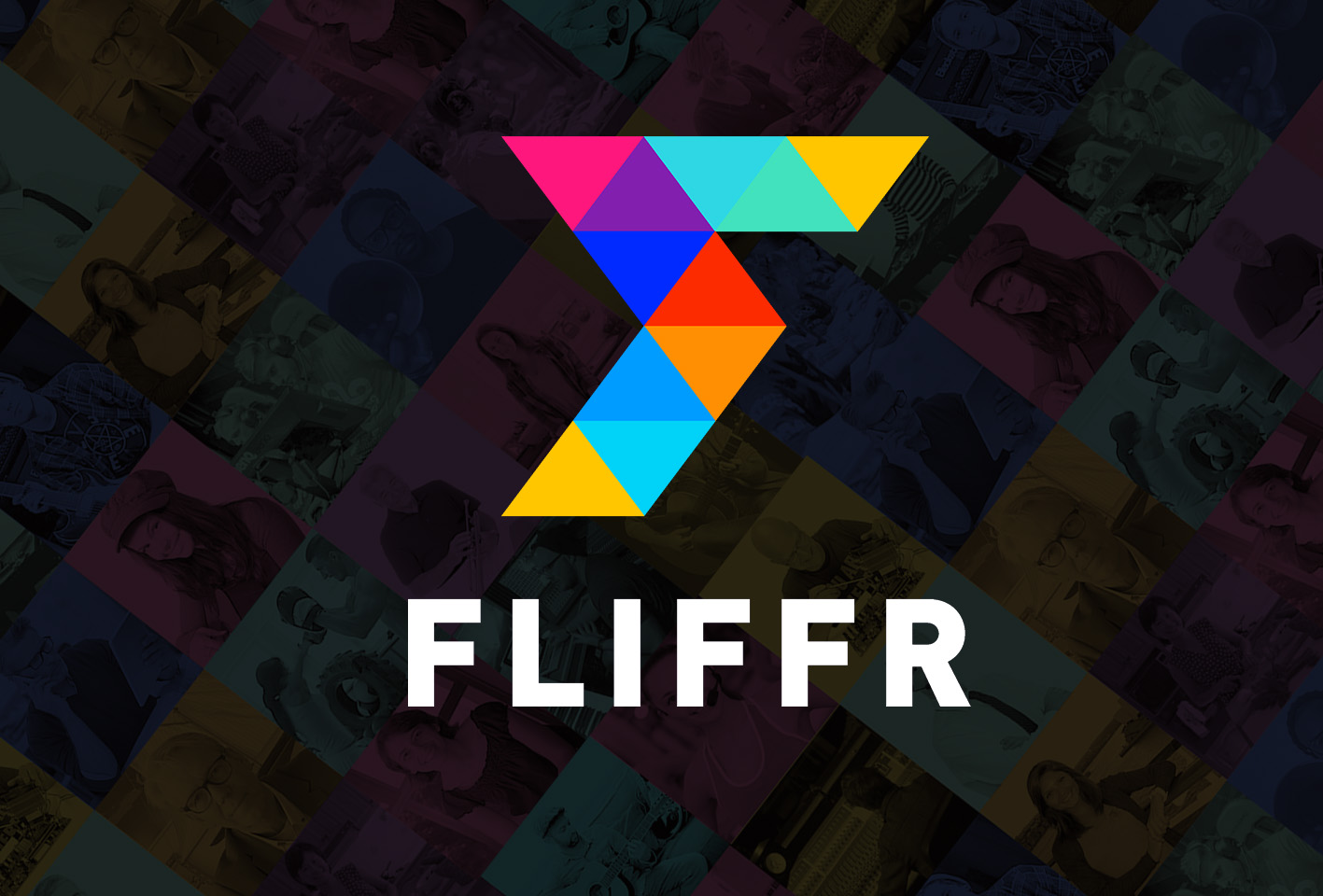
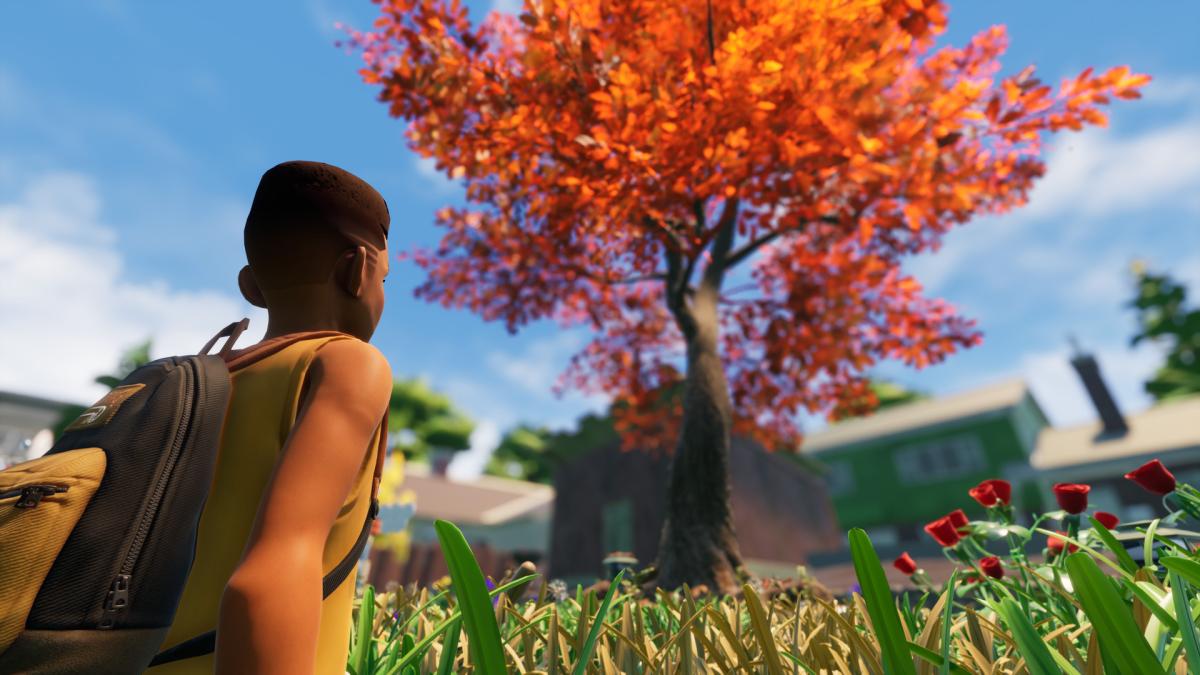
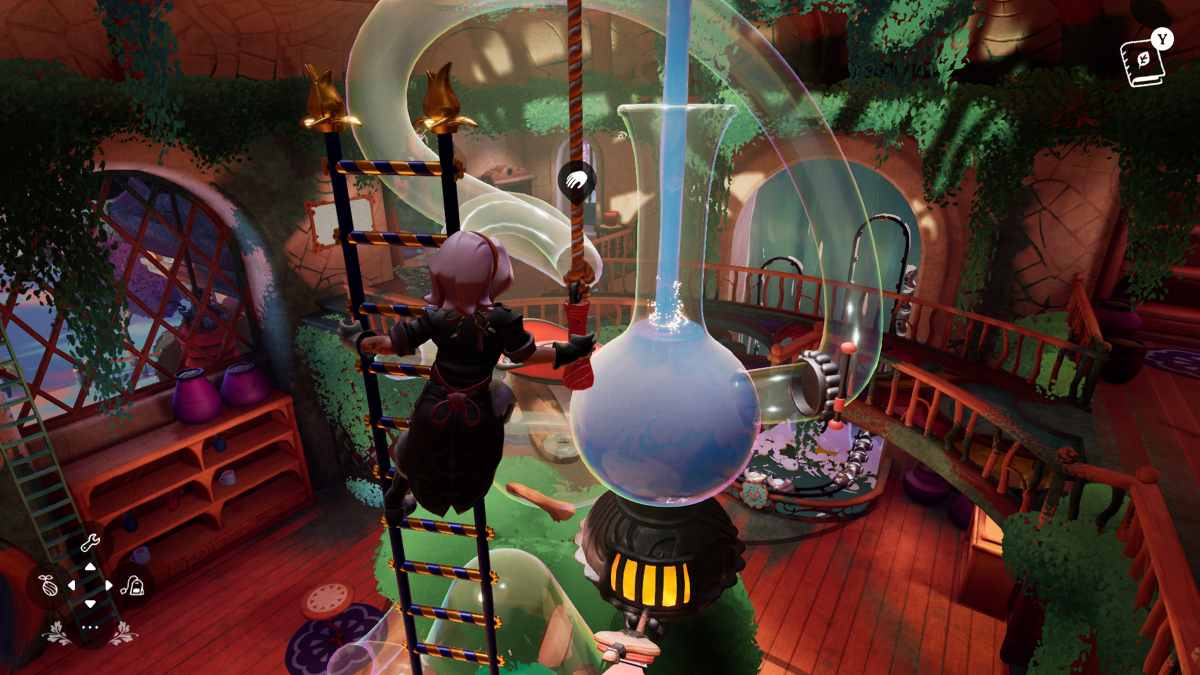

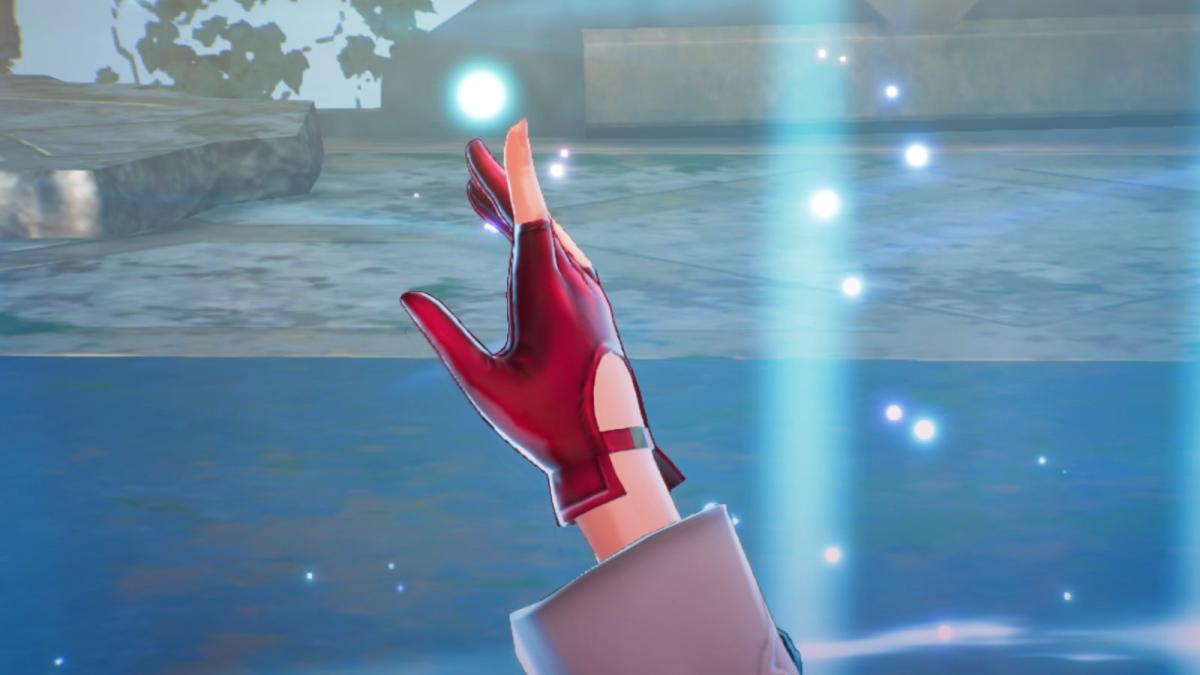


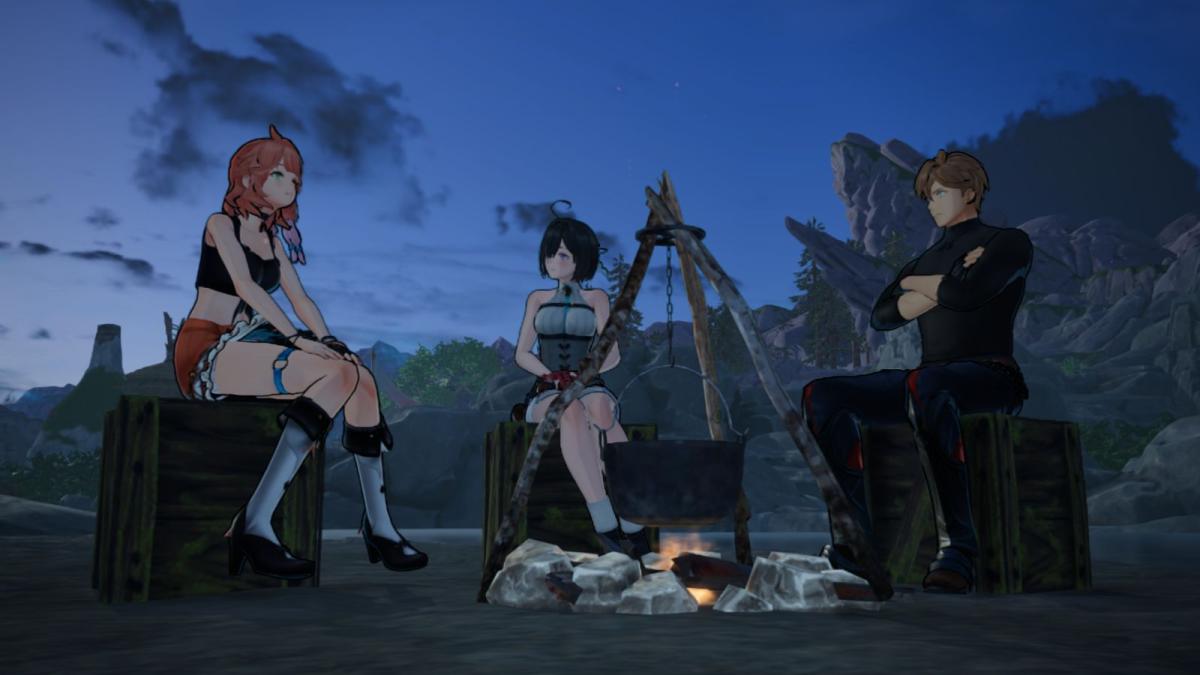
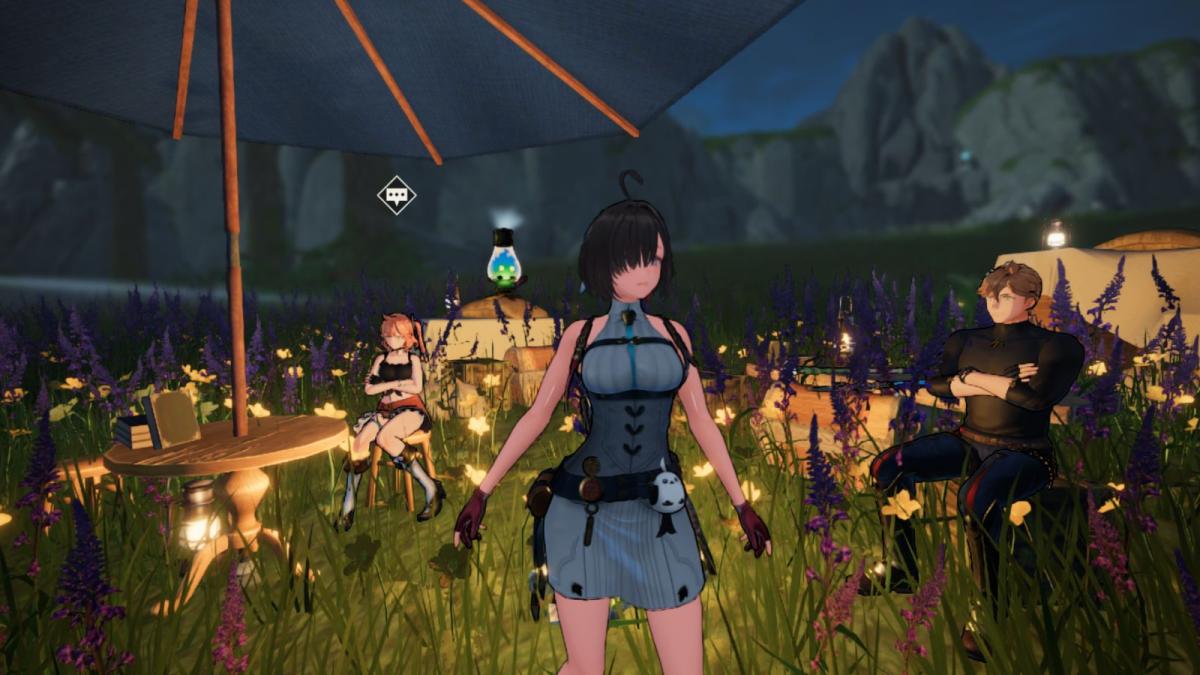
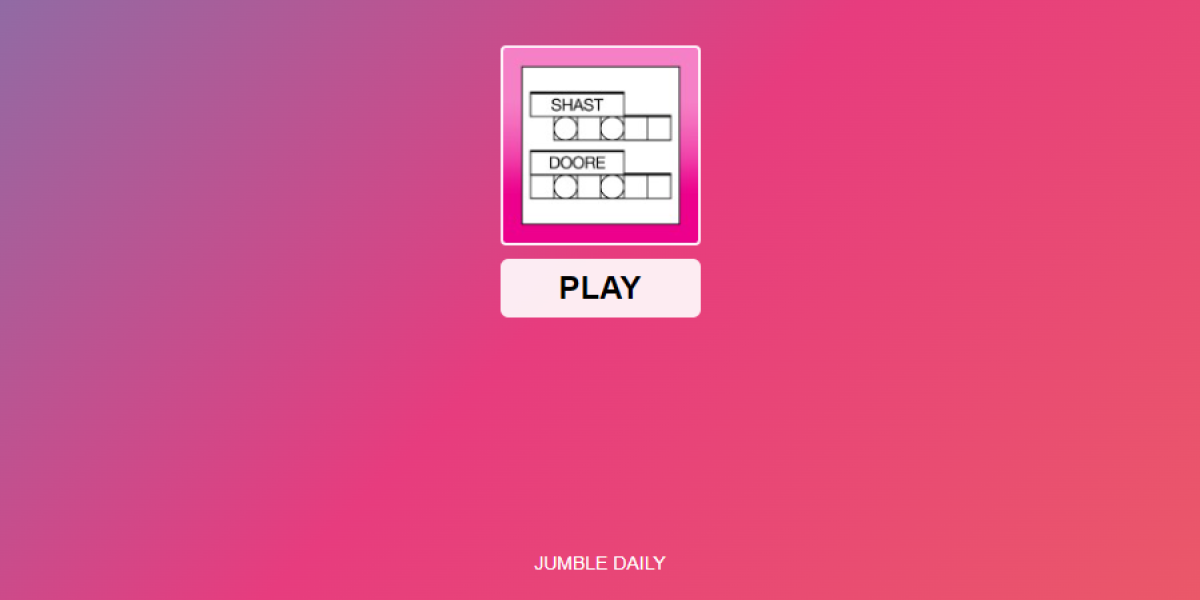
Published: Feb 21, 2017 04:58 pm